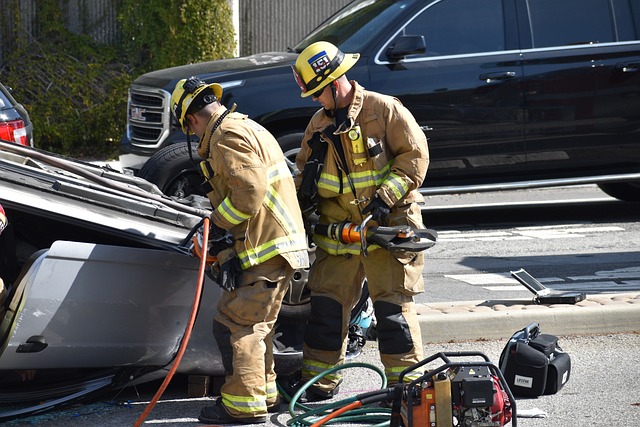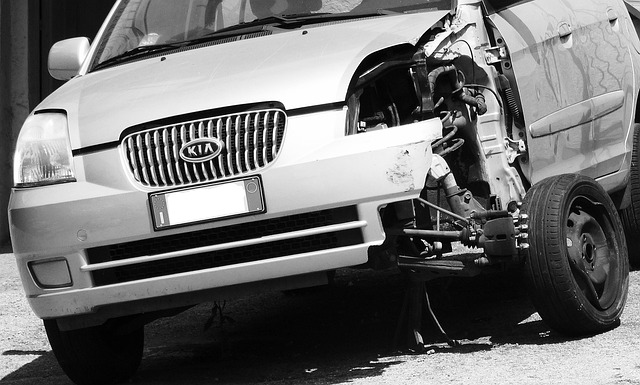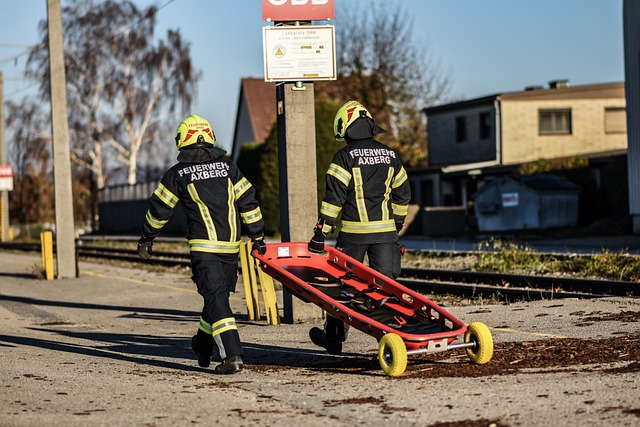Emotional Distress in Truck Accident Claims: Navigating Damages & Compensation

Emotional distress caused by truck accidents is a significant but often overlooked aspect of truck a…….
In an era where road transportation is a cornerstone of global trade and mobility, understanding the intricacies of truck accident claims is paramount. This comprehensive article delves into the world of truck accident claims, exploring their significance, mechanisms, and impact on various stakeholders. From drivers to logistics companies and regulatory bodies, this topic is a critical aspect of ensuring safety, accountability, and fair compensation in the transportation industry. By the end of this guide, readers will grasp the complex web of processes, considerations, and potential outcomes associated with truck accident claims.
Definition:
A truck accident claim refers to the legal process through which individuals or entities seek financial compensation for damages, injuries, or losses resulting from a road accident involving a commercial truck (e.g., 18-wheelers, cargo trucks). These claims encompass a wide range of scenarios, from collisions with passenger vehicles to incidents involving truck cargo shifting or mechanical failures.
Core Components:
Historical Context:
The concept of truck accident claims has evolved over time, reflecting changes in transportation regulations, technology, and societal expectations. Historically, these claims have been shaped by:
The global truck accident claim landscape is influenced by varying legal frameworks, cultural norms, and economic factors. Key trends shaping this sector include:
| Region | Notable Trends |
|---|---|
| North America | Strict liability laws and robust insurance coverage. Advanced data analytics for risk management. |
| Europe | Comprehensive safety regulations and low-emissions standards. A mature claims industry with efficient processes. |
| Asia-Pacific | Rapid urbanization drives truck usage. Increasing demand for specialized cargo handling and advanced driver assistance systems (ADAS). |
| Middle East & Africa | Growing infrastructure projects require heavy trucking. Focus on implementing safety standards and technology. |
These trends highlight the diverse nature of truck accident claim management, with each region adapting practices to suit its unique needs and challenges.
Technological innovations have transformed truck accident claims, enhancing efficiency, accuracy, and safety:
Australia implemented a comprehensive truck safety strategy, resulting in significant improvements. Key elements included:
Lesson: A multi-faceted approach focusing on education, regulation, and technology can yield substantial positive outcomes in truck safety and claims management.
Germany mandated the use of electronic logging devices (ELDs) for all commercial vehicles. Results included:
Lesson: Implementing technology like ELDs can improve safety, streamline claims, and provide a wealth of data for further enhancements.
In conclusion, truck accident claims are a critical aspect of ensuring accountability, compensation, and safety in the trucking industry. As technology advances, regulations evolve, and global trade expands, the landscape of these claims will continue to transform. By understanding historical contexts, embracing technological innovations, and addressing challenges through strategic solutions, stakeholders can navigate this complex domain effectively.
Q: Who is responsible for filing a truck accident claim?
A: Typically, the driver or the company they work for (if employed) is responsible for initiating the claim process after an accident. However, in cases involving multiple parties, liability and responsibility may be shared.
Q: What documents are required to file a claim?
A: Essential documents include police reports, medical records, vehicle damage assessments, witness statements, and insurance policies. Digital copies of these are often preferred for efficient processing.
Q: Can I negotiate with the insurance company directly?
A: While you can communicate with the insurance provider, negotiating terms is typically done through legal representatives or claims adjusters to ensure a fair settlement.
Q: How long does it take to resolve a truck accident claim?
A: Resolution time varies; minor claims may be settled promptly, while complex cases could take several months for investigation, negotiations, and legal proceedings.
Q: Are there any special considerations for international truck accidents?
A: Yes, cross-border incidents involve navigating multiple jurisdictions and regulations. It is crucial to engage with experts familiar with both legal systems to ensure proper claim handling.

Emotional distress caused by truck accidents is a significant but often overlooked aspect of truck a…….

Establishing liability in a truck accident claim involves navigating complex state laws and identify…….

After a truck accident, understanding your legal rights and gathering comprehensive evidence are cru…….

After a truck accident, understanding your legal rights and gathering compelling evidence are crucia…….

In a truck accident, immediate priority is safety followed by evidence collection (photos, witness s…….

Understanding your insurance coverage and consulting a specialized truck accident lawyer are crucial…….

Truck accident claims are complex due to unique factors like driver fatigue, cargo instability, and…….

Victims of truck accidents should seek legal assistance for complex cases with severe injuries or si…….

Victims of severe truck accidents should file a truck accident claim with expert legal counsel, as t…….

Understanding the legal process is crucial in truck accident claims, where significant damages often…….